Duty-free cosmetics plan to counter Japanese tax hike
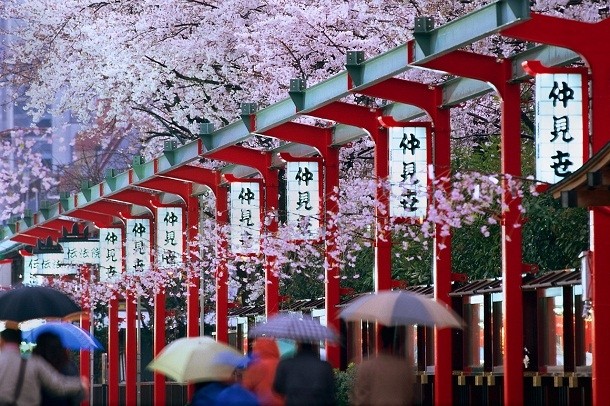
The agency says that the move is intended to attract travelers in order to mitigate the effects of the first part of a controversial sales tax increase planned for next year.
Also proposed were measures to make it easier to purchase goods tax free- a common occurrence in Japan, where many EU nationals can claim refunds on charges once they leave the country.
JTA survey
A survey by the JTA revealed that 38.5 percent of tourists who visited Japan bought cosmetics and pharmaceuticals, making them the third most commonly bought item after food and confectionary.
Average amount spent on cosmetics and pharmaceutical products was ¥20,270 (USD $205.52). Visitors from China were the highest spenders, with 68.4 percent purchasing and an average spending of ¥34,521 (USD $350.01).
Taiwan and Thailand tourists also featured prominently in purchasers of cosmetics, with 62.8 percent and 42.3 percent purchasing and average spending being ¥16,406 and ¥15,921 respectively.
The same study revealed that 31 percent of the ¥1.09 trillion spent by tourists each year was allocated to shopping. Foreign visitor numbers in Japan were 8.37m in 2012, an increase of 34.6 percent on the previous year, with the Japanese National Tourist Organization setting a target number of 10m tourists for 2013.
Sales tax increase
An increase in consumption tax or sales tax from five percent to 10 percent is planned in Japan for next year, with the first stage planned in April with an increase to eight percent.
The tax was proposed by Prime Minister Shinzo Abe to deal with Japan’s monumental public debt, which is a total of 250 percent the size of the economy- one of the highest ratios in the developed world.
The plan is controversial, with some close advisors of the PM suggesting that it could derail the country’s recovery and slow economic growth to only one percent per year if implemented. A study of forecasts by Bloomberg also suggested that there was a 30 percent chance that the country could fall back into recession if stage one was implemented within the year.
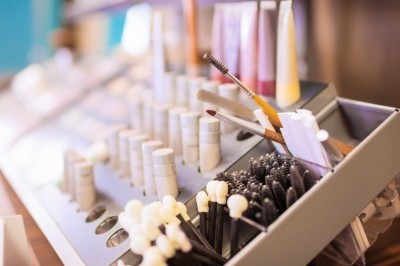
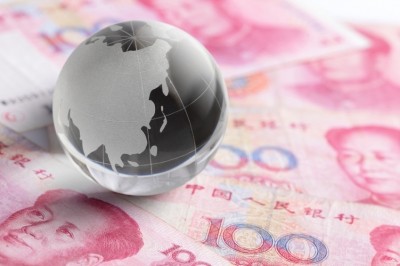
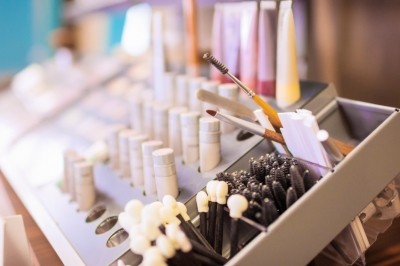
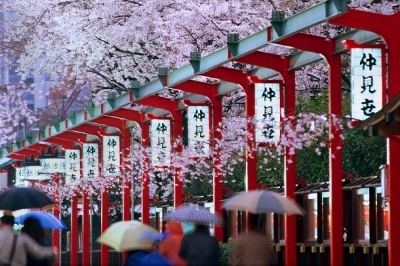


![[Getty Images]](/var/wrbm_gb_food_pharma/storage/images/_aliases/wrbm_tiny/publications/cosmetics/cosmeticsdesign-asia.com/china/china-focus-latest-developments-in-china-s-booming-beauty-market22/17370102-1-eng-GB/China-focus-Latest-developments-in-China-s-booming-beauty-market.jpg)
![YSL's LoveShine launch has sparked a demand surge in Japan. [YSL]](/var/wrbm_gb_food_pharma/storage/images/_aliases/wrbm_tiny/publications/cosmetics/cosmeticsdesign-asia.com/article/2024/04/24/ysl-loveshine-launch-propels-lip-gloss-sales-to-record-highs-in-japan-since-2020/17372064-1-eng-GB/YSL-LoveShine-launch-propels-lip-gloss-sales-to-record-highs-in-Japan-since-2020.jpg)
![There is significant scope for innovation and new launches in the hair repair sector, especially in soaring markets such as China. [Getty Images]](/var/wrbm_gb_food_pharma/storage/images/_aliases/wrbm_tiny/publications/cosmetics/cosmeticsdesign-asia.com/article/2024/04/24/croda-zeroes-in-on-hair-repair-solutions-as-damage-hair-concerns-surge-in-markets-like-china/17362731-1-eng-GB/Croda-zeroes-in-on-hair-repair-solutions-as-damage-hair-concerns-surge-in-markets-like-China.jpg)



![Lubrizol has extended its partnership with C-beauty major PROYA. [PROYA]](/var/wrbm_gb_food_pharma/storage/images/_aliases/wrbm_tiny/publications/cosmetics/cosmeticsdesign-asia.com/headlines/brand-innovation/lubrizol-bullish-on-potential-of-c-beauty-growth-potential/17362515-1-eng-GB/Lubrizol-bullish-on-potential-of-C-beauty-growth-potential.jpg)